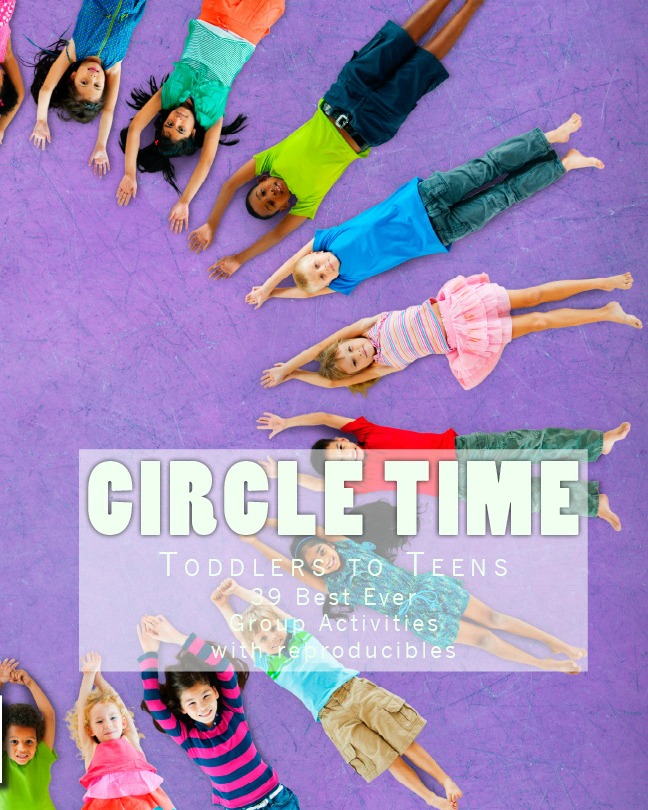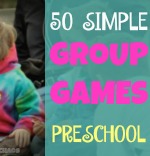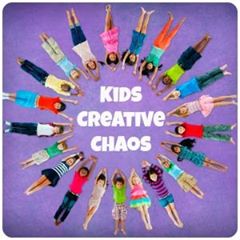Best Toys and Gift Ideas for 1 Year Old Girls
Have a one year old baby's birthday coming up? So, what are the best toys and gifts for a one year old? Nothing feels better than watching your baby girl grow. You want to be there when she makes her first step, and you want to be the first one to hear her alter her first word. These moments are magical. Believe me, it gets even more exciting when she turns a year old. It's her first birthday and it's normal to feel super excited and overwhelmed. How do you make it special and unforgettable? Other than holding a birthday party and inviting all your friends and their kids to celebrate, getting the perfect gift is the best way to ensure that your baby girl never forgets the day.
This post contains Amazon affiliate links.
But wait! Which is the best gift for a one-year-old girl? A toy is the best catch here. You want the best for your daughter, something that she will like and even if you were to keep it and show it to her when she is already all grown up, she would have the same smile she had when you first showed the toy to her when she was one year old.
What to get a 1 year old girl on their Birthday?
Choosing such a toy can be a daunting task. This article aims to make the work easy for you by outlining a list of the best gifts and toys for a one year old girls.
A VTech pull and sing puppy
Kids love puppies, and they find them to be the cutest thing, and it gets even better when puppies and toddlers are combined. Not all girls are into barking, taking dogs for walks and having a pooping pooch. You do not have to get a real puppy to match the experience for your baby girl. If she loves puppies, a VTech pull and sing puppy is an excellent choice.
The little guy can do tricks and other stuff that real dogs can do and more. He can sing, teach numbers, body parts and colors as the baby pulls him around his leash. It comes with over 50 songs and melodies to keep the kid entertained, and she will never get bored even if you were to leave her alone as you do chores around the house. You, however, need to include a battery.
Baby Einstein take along tunes
Kids are sensory. Its smell and touch alone are enough to make the baby glued to the creature as she tries to figure out how the machine can respond to her queries. If your kid is already a young jammer trying to get her tune in line, this toy will do her good. It's a kind of jukebox that switches between a total of seven melodies.
What's more? It lights up as it sings. It also comes with a volume control button and two AA batteries. It's a perfect toy for small hands, and your kid will not struggle as she plays with it. Even better; it is made of a soft polypropylene surface which makes it safe for children. The color and design are cute, so it does not scare the baby away.
Fisher Price brilliant basics first doll
Girls love trying to play-pretend at this age, and a baby doll is a perfect gift to help foster her imagination. She can tote the doll around as she tries to learn new words and understand different body parts like the mouth, legs, hands, and eyes. Dolls are soft and cuddly which makes it ideal for helping the baby in social recognition and giving them a sense of comfort when playing with it. She will carry the doll where she goes which is also a way of learning a sense of possession.
Fisher-price Baby’s first Blocks playlist
Your child will have a blast with this gift set on her birthday. It features two Fisher-Price toys a baby’s first block and a rock-a-stack. What she has to do is sort them for fun, which is a perfect way to keep baby busy and put her mind at work.
Such toys help develop problem skills too. The toy is meant to prepare kids for preschool through mental development. Grasping, sorting, and stocking the blocks is a fun way for your baby to stay happy as she explores. It will teach her a sense of discovery as she tries to see what happens after all the rings are sorted and stacked.
LeapFrog count and crawl number Kitty
Get your child on the move on many skills with this unique, cute kitty. The doll is designed to enhance a great push and play experience for little ones, keeping them busy and offering them a positive way of having fun. It comes with keys, that when pressed, make the cat start counting in a rhythm. How exciting is that? That's not all.
There are also music mode keys that command the cat to play meows in low and high modes as she makes silly sounds. Pushing the kitty makes her produce fun counting songs that your baby girl will want to listen to the whole day. The kitty can sit, bat, scoot, and crawl. This toy is a perfect way of nurturing mental development and balance in your baby as she explores and counts numbers one to twenty and learns new music. It comes in beautiful colors to keep your baby's attention.
The choices are endless, and these are only a few of the best and highly reviewed toys. The best part is that they are all durable and you can keep them and show them to your baby girl when she is all grown up.
How do you choose a good toy for a one year old?
You shouldn't choose the first toy that comes when conducting an online searches in sites. Let's take look at what should inform your purchase of a one year old's gift.
Considerations when buying a present for a one year-old girl
• Safety – some toys are just not safe for babies and they even come with a safety warning signs. You will realize that some of them have been written to explain that they aren't recommended for kids under the age of five. This is probably because the toy has some aspects that could compromise the baby’s safety. Kids at this age love putting things in their mouth and you have to ensure that what you get cannot choke your baby. Also, make sure that the toy is non-toxic and doesn't have sharp edges.
• Go for educational toys – it shouldn't be all about play and fun. The child should be able to learn something when interacting with the toy. This is the developmental stage, and therefore, the toy should at least sharpen her mental development, communication skills, and cognitive capacity. Your baby will probably be spending most of her time with the toy, and therefore, it should be in a position to help her learn.
• The toy should enhance coordination – it's around this time of her life that a baby girl will be learning how to roll over and pull up as she tries to take her first step. Choose a toy that can help her enhance her motor skills and coordination as she starts to stand and walk. Keeping baby's hands and legs busy improves her strength too.
• Color and material – these are also aspects to keep in mind. You want something that will attract a baby girl and you should choose brightly colored toys over the dull ones. Pink, blue, yellow, red, and white are the most recommended colors for girls. The material takes you back to safety. Choose something soft but durable.
Recommended:
Baby Articles for New Moms from Kids Creative Chaos
Best Selling Toys for One Year Old Girls
Gift Ideas for Girls





















